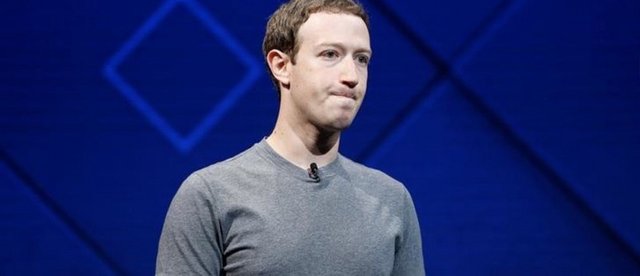Zuckerberg’s challenge for 2018: Fixing Facebook
Learning Mandarin — one of Mark Zuckerberg’s previous New Year challenges — was daunting enough.
This year, the personal challenge he shared on his Facebook page is another complex task: he has promised to fix the social media giant he created, vowing to better enforce the policies that prevent misuse.
The world feels anxious and divided, he writes on his Facebook feed, echoing the theme of this year’s World Economic Forum Annual Meeting in Davos.
Facebook has a lot of work to do, Zuckerberg continues, to protect its community from abuse and hate, defend its content against interference by nation states and to make sure that time spent on Facebook is time well spent.
The rise in the number of users has also seen a rise in abuse. Image: TechCrunch
The number of people using Facebook around the world has shown staggering growth year on year, with much of the growth fuelled by the developing world.
Thirteen years after launching and less than five years after hitting 1 billion users, Facebook now has more than 2 billion monthly active users, making it the largest social app in the world, according to TechCrunch.
But alongside this impressive growth, has come a myriad of problems which include cyber bullying, trolling, live-stream suicides, fake news and political interference.
Fighting fake news
In May 2017, Facebook said it was employing an extra 3,000 people to live monitor its sites for murders, suicides or other horrific videos.
Preventing the spread of fake news has been another significant challenge, with Facebook accused of skewing the results of elections in the US, France and the EU Referendum by allowing misinformation to be fed to its users — allegations that Facebook denies.
Facebook originally responded by employing fact checkers and putting a red flag icon next to dubious articles. But in December 2017 Facebook conceded that the red flag method hadn’t worked, and it is trying a new tactic instead; displaying related articles next to disputed stories in order to broaden the perspective and understanding of its users.
Political interference is another major item in Mark Zuckerberg’s in-tray. Facebook was heavily criticised for allowing Russia-linked political ads in the run-up to the US presidential election of 2016. Facebook has now vowed to increase transparency and disclose who is paying for political advertisements. And the Russian ads in question have been handed over to investigators.
“These issues touch on questions of history, civics, political philosophy, media, government, and of course technology,” Mark Zuckerberg writes. “I’m looking forward to bringing groups of experts together to discuss and help work through these topics.”
“We won’t prevent all mistakes or abuse, but we currently make too many errors enforcing our policies and preventing misuse of our tools. If we’re successful this year then we’ll end 2018 on a much better trajectory.”
Suddenly, learning Mandarin seems easy by comparison.

follw me plz
There is a say in my country that with a free translation it goes like this:
Big boats big bumps.
2 bil users is HUGE!!